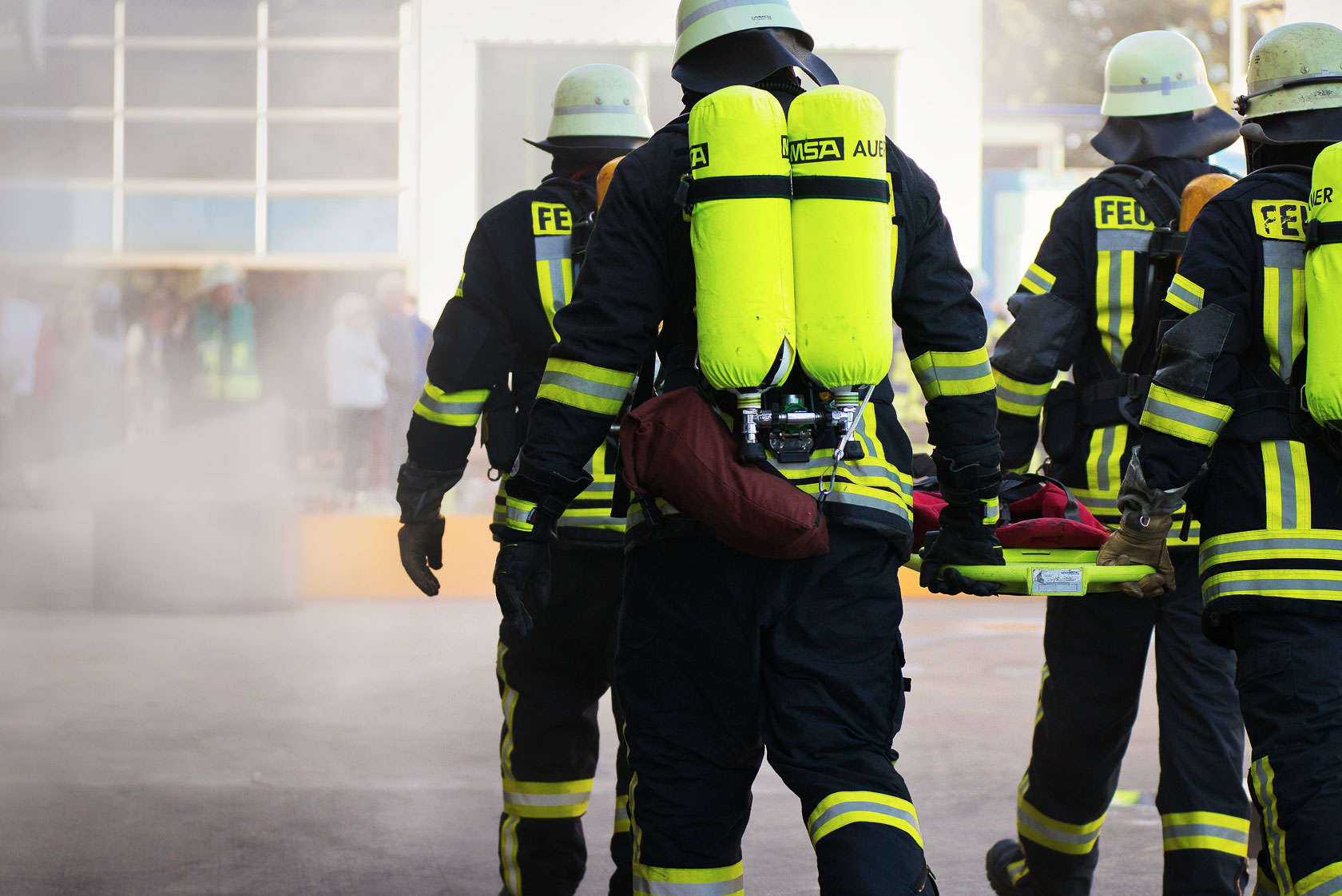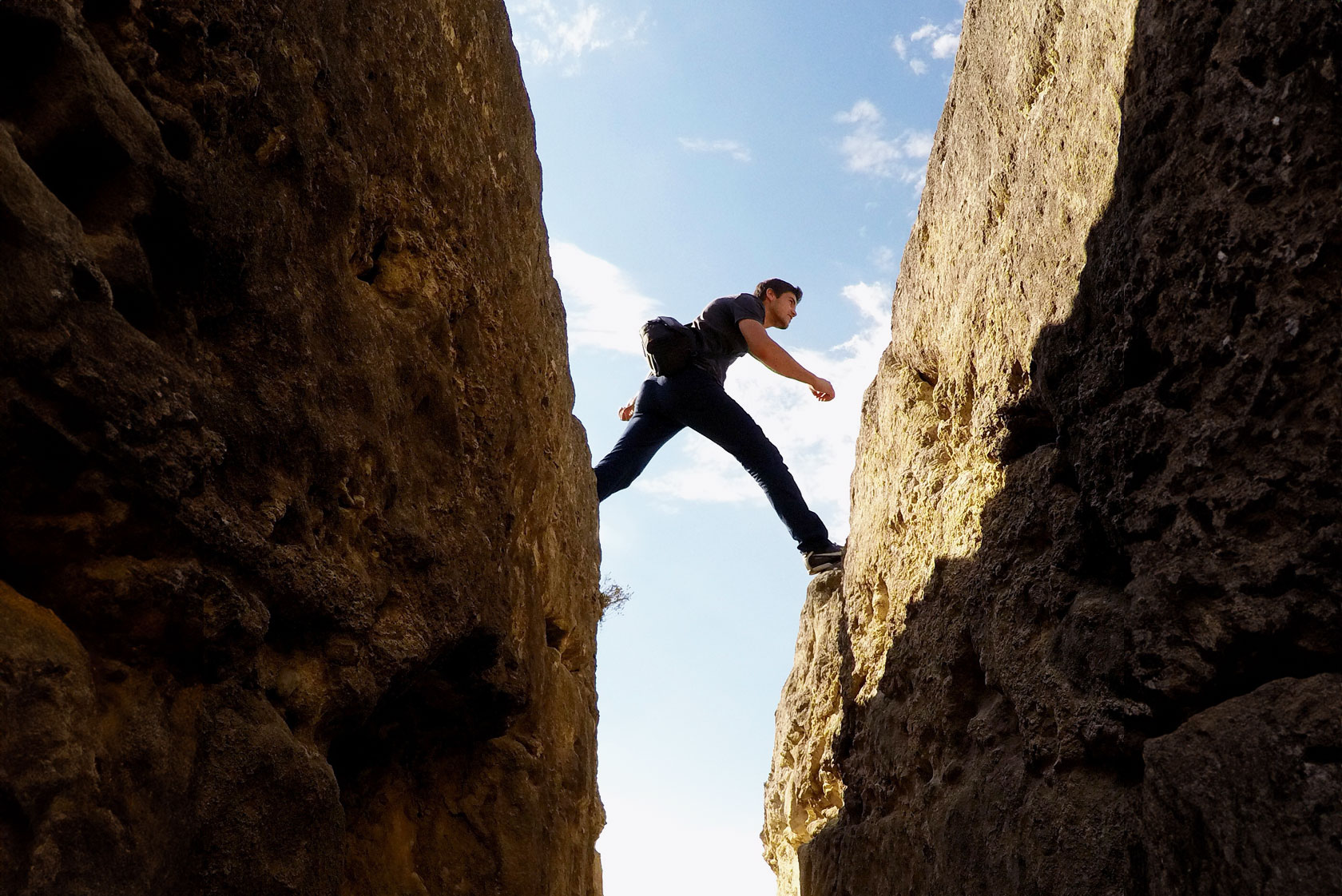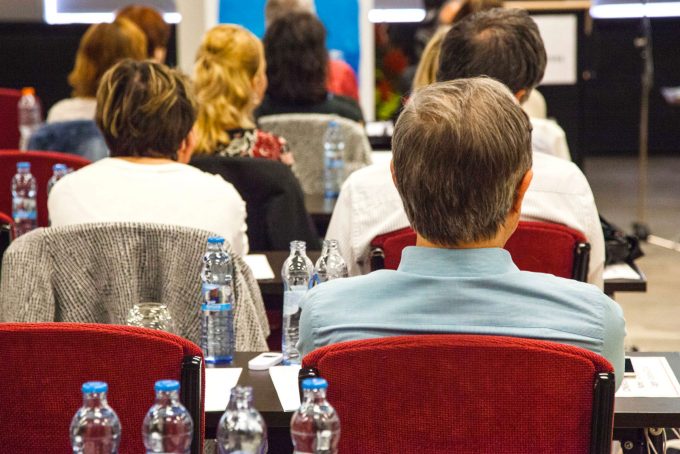
Barcamp Open Science 2024: Open Science and Scholars at Risk
What are key issues, key resources and current initiatives helping displaced scholars and scholars at risk? How can institutions help them? A session at this year's Barcamp Open Science analysed their situation and derived recommendations.
by Dr. Johanna Havemann
One session at this year’s Barcamp Open Science examined the situation of scholars at risk. The preservation of research outputs during conflict or war is critical to safeguarding scholarly contributions and cultural heritage. Archiving and providing safe spaces for these outputs not only protects the intellectual property of at-risk scholars but also ensures that communities retain ownership of their work. Additionally, facilitating the inclusion of displaced scholars into research institutions can foster knowledge sharing and continuity in academic fields.
Through collaborative efforts, institutions and international organisations can safeguard the intellectual contributions of scholars in conflict zones. Ensuring continued access to research outputs, while providing at-risk scholars with opportunities to remain connected to the global academic community, is essential for maintaining knowledge and fostering peace.
Key Issues and Current Initiatives
- Digital Archiving for Research Outputs
- Challenges for Displaced Scholars
- Collaborative Communities & Support Networks
During war or conflict, research outputs must be preserved in secure digital repositories. Several efforts are underway to achieve this:
- The Confederation of Open Access Repositories (COAR) provides guidelines for preserving research outputs during crises and restoring them to the communities through memoranda of understanding (MoUs) to ensure local ownership.
- Archiving of Scholarly Output Initiative: “Archives Not Weapons” initiative advocates for treating archives as resources for safeguarding knowledge and cultural heritage.
- Best Practice Example: The Science for Ukraine projekt focuses on preserving Ukrainian scholarly outputs amidst the ongoing conflict.
- TIB Archiving Ukrainian OA Journals: The Leibniz Information Centre for Science and Technology (TIB) has undertaken systematic efforts to safeguard Ukrainian Open Access journals: Rettung von Kulturgut: Wie die TIB ukrainische Open-Access-Zeitschriften systematisch und dauerhaft sichert (German).
- RUArxive: Focused on archiving Russian media at risk due to the political climate.
Many scholars are currently unable to work effectively due to being stuck in refugee camps or other precarious situations. The European Commission has provided guidelines for the inclusion of researchers at risk in academic programmes (Guidelines for Researchers at Risk). Other organisations, such as Scholars at Risk, are offering limited capacity to support at-risk scholars.
Several communities and platforms are dedicated to helping displaced scholars. Institute for Globally Distributed Open Research and Education (IGDORE) and Ronin Institute provide independent platforms for academics without formal affiliations. Initiatives, such as Science for Peace, promote collaboration among scientists for global peace efforts.
Key Resources for Refugee Scholars
- Marie Skłodowska-Curie Actions offer frameworks for integrating researchers into European institutions. See also European Commission Guidelines for Researchers at Risk.
- Programmes like the Philip Schwartz Initiative of the Humboldt Foundation provide funding to host displaced scholars at institutions .
- Scholars Without Borders and Engineers Without Borders serve as models for supporting professionals at risk.
Recommendations
- Check in with institutional international offices: Institutions should engage with their international offices to determine how they can offer support, either by hosting scholars or facilitating collaborations
- Proactively engage affected scholars: Engage scholars affected by conflict in Open Science initiatives, providing them with platforms to continue their work and build connections with colleagues in their fields and the global academic community.
- Welcome packages for displaced scholars: Institutions can create welcome packages to support scholars with logistical and administrative challenges. This includes assistance with visa processes, accommodation, and accessing research resources.
During the barcamp session we agreed and concluded that embracing multilingualism in research is essential for fostering inclusivity, enhancing global knowledge exchange, and ensuring that scientific insights benefit diverse communities around the world.
This might also interest you – several blogposts for the topic “Open Science Barcamp“.
About the author:
Dr. Johanna Havemann is a consultant and trainer specialising in Open Science Communication and Digital Science Project Management. As founder of Access 2 Perspectives and AfricArXiv, she enables researchers to share knowledge for societal impact as they advance their careers. She can be found on LinkedIn and ORCID.
Portrait: Johanna Havemann©
View Comments

Open Access Conference: Reputation Without a Paywall?
Whether Open Access is a cure or homeopathy and putting the measurement of science on...




